Have you ever wondered how the wonderful software you use works? Or how does a little robot go about following commands? The solution lies in the enchanted realm of Code! But did you know that coding is an excellent approach to improve your child’s STEM education? So, why is STEM so important? Our world is getting more reliant on Technology. From our smartphones to tomorrow’s self-driving cars, knowing STEM principles is no longer a specialist skill; it’s a superpower!

STEM stands for Science, Technology, Engineering, and Mathematics. These subjects are the building blocks of invention, while coding is the glue that keeps them together. Let’s look at why coding is a great fit for your child’s STEM adventure!
Imagine a World of Creation.
Think beyond memorizing formulas or bubbling beakers in a lab. STEM, particularly coding, brings science and technology to life. Consider developing a mini-greenhouse with temperature and humidity sensors, or creating a video game that teaches fundamental physics ideas. Coding helps children to apply their scientific knowledge while creating something concrete and interactive.
Sharpening the problem-solving Skill
Coding is like a detective game, with logic riddles around every turn. Children learn to break down difficulties into smaller steps, just like scientists do in studies. They encounter errors (bugs in the coding world), and resolving them involves creative thinking and perseverance, both of which are necessary abilities for any potential professional path.
Developing Your Math Skills
Mathematics is the language of computers, and coding makes it entertaining! Whether it’s calculating angles for a robot’s movement or creating patterns in an animation with loops, children use math ideas in a way that feels more like play than labor.
Teamwork is powerful.
Coding projects are a fantastic approach to foster collaboration. Working with friends or classmates to generate ideas, debug code, and explain their inventions improves communication and teamwork skills.

How Do I Get Started with Coding?
The good news is that coding instruction is becoming more accessible. Here are some tips to get your child started:
- Scratch is a free platform that lets you code interactive stories and games. It’s a fantastic way for young learners to grasp the basics in a fun and colorful way.
- Makers’ Muse & Code.org offers interactive tutorials and courses to teach coding and STEM concepts.
- For those looking for a hardware challenge, Arduino is a popular platform for building electronic projects. You can code simple programs to control lights, sensors, and even small motors!
Remember that coding is a journey, not a destination. There will be hurdles, faults (code problems), and moments of anger. But with determination and a dash of ingenuity, you’ll be surprised at what you can do. So, embrace STEM and release your inner code expert! The future awaits your unique ideas.

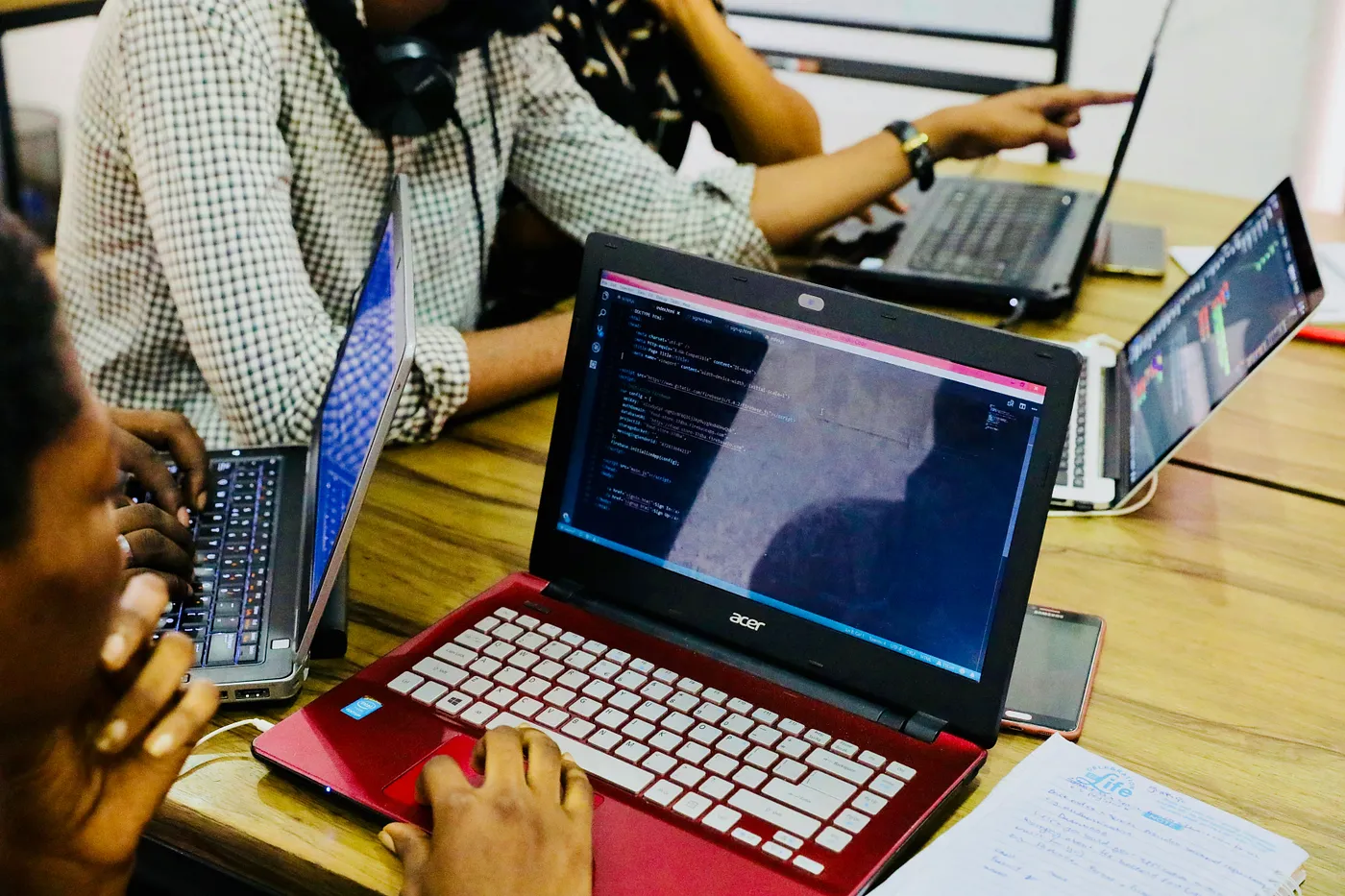
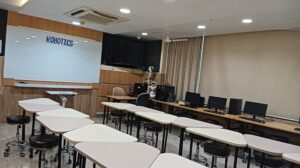

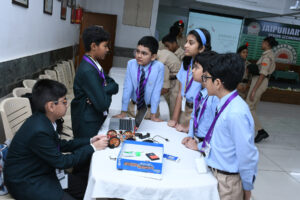
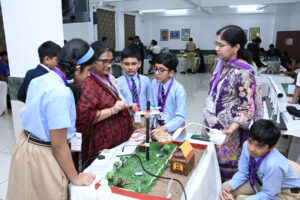
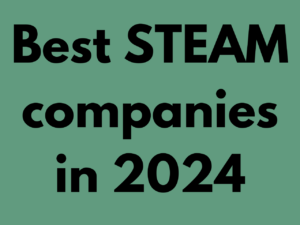
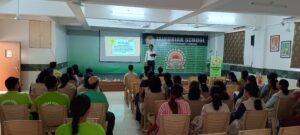
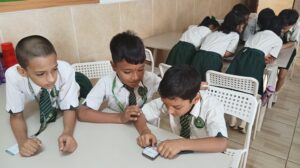
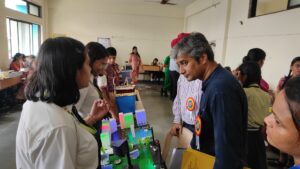
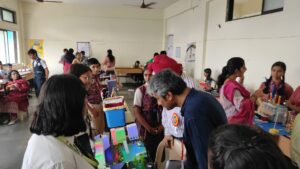
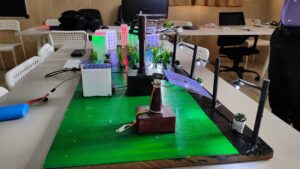

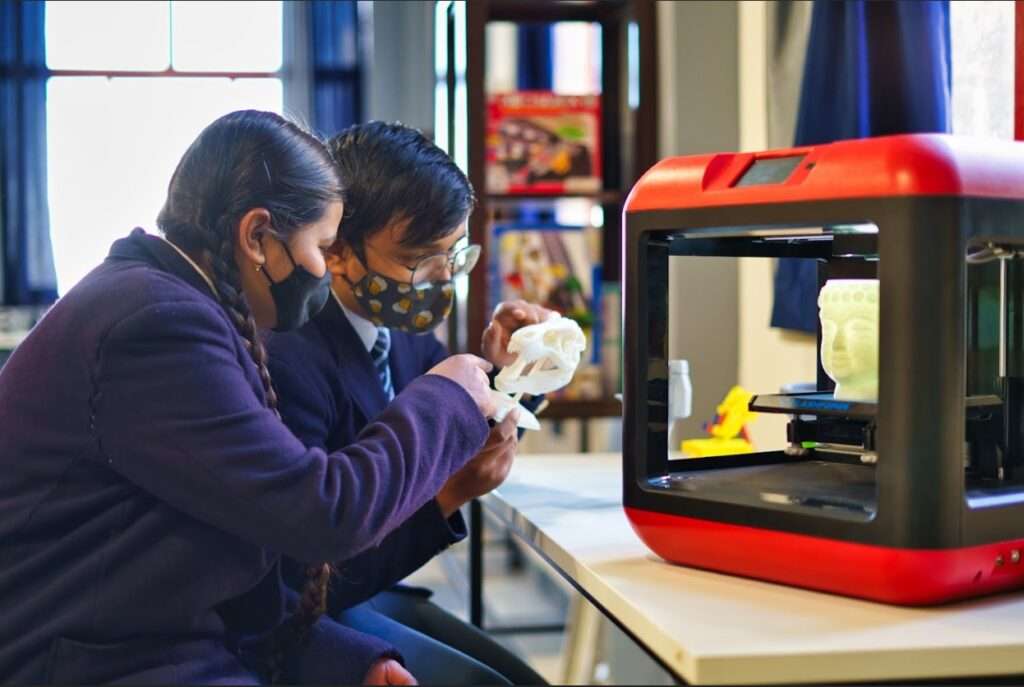
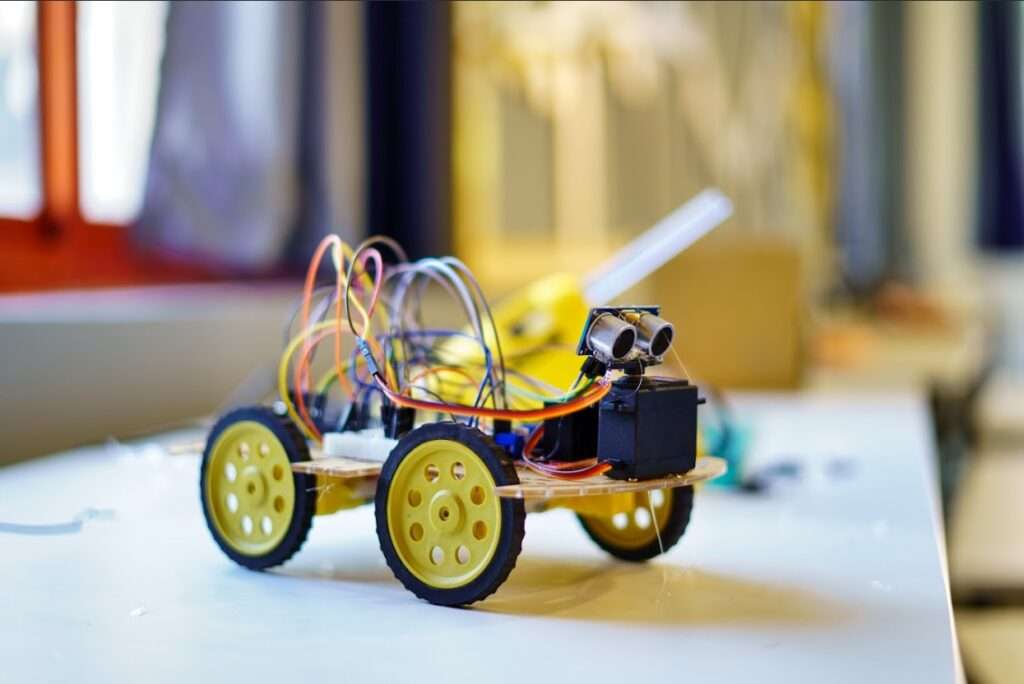
This Post Has 4 Comments
Can you be more specific about the content of your article? After reading it, I still have some doubts. Hope you can help me.
Thank you for your feedback! Please feel free to reach out to us at hello@makersmuse.in for further clarification.
Thanks for sharing. I read many of your blog posts, cool, your blog is very good.
Thank you so much for your kind words! If you have any questions or feedback, feel free to reach out at hello@makersmuse.in.